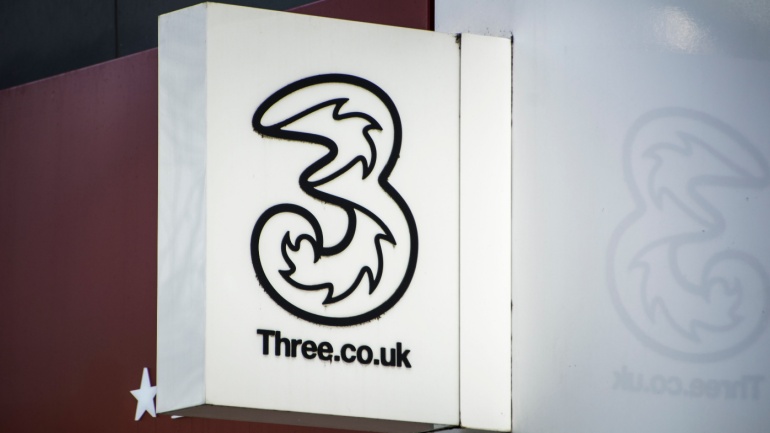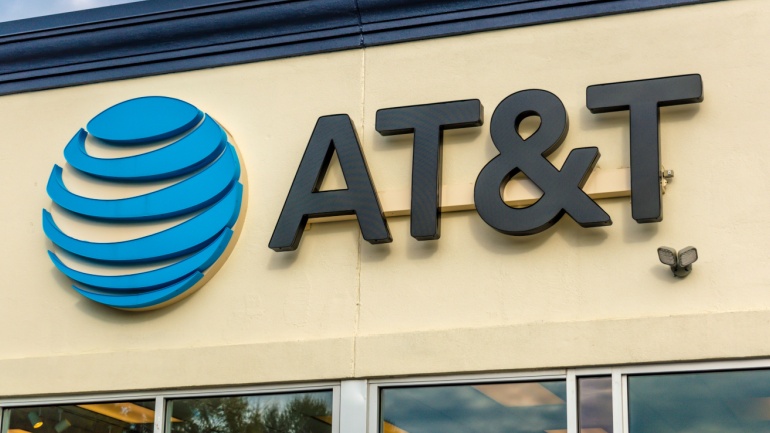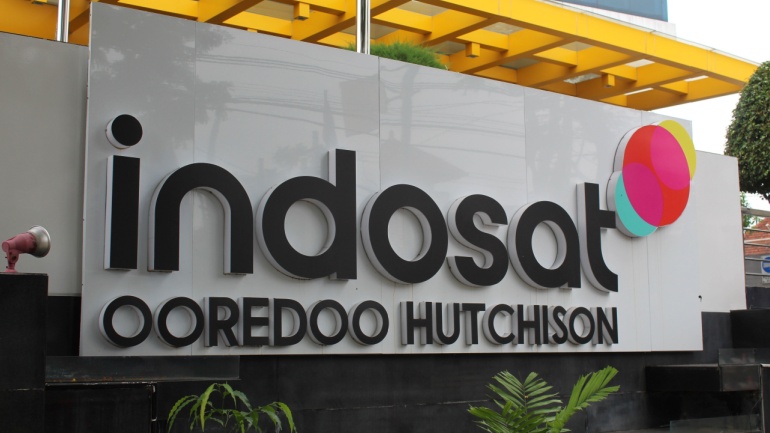Three UK revealed its quarterly financial performance this week, showcasing an increase in revenue and margin while reiterating its intent for a potential merger with competitor Vodafone.
The telecommunications company disclosed a notable 9% surge in both revenue, climbing to £664 million, and margin, reaching £424 million. This growth was attributed in part to a rise in its customer base, with active customers increasing by 3% overall and active contract customers by 6%.













